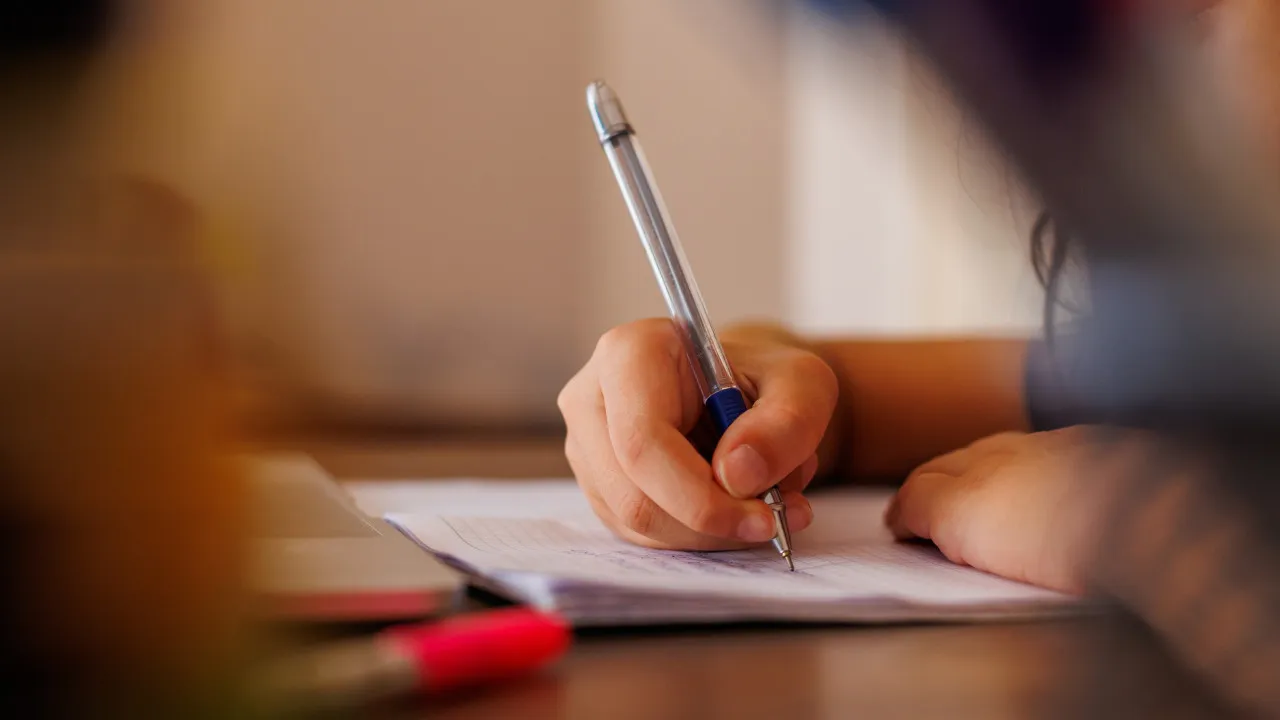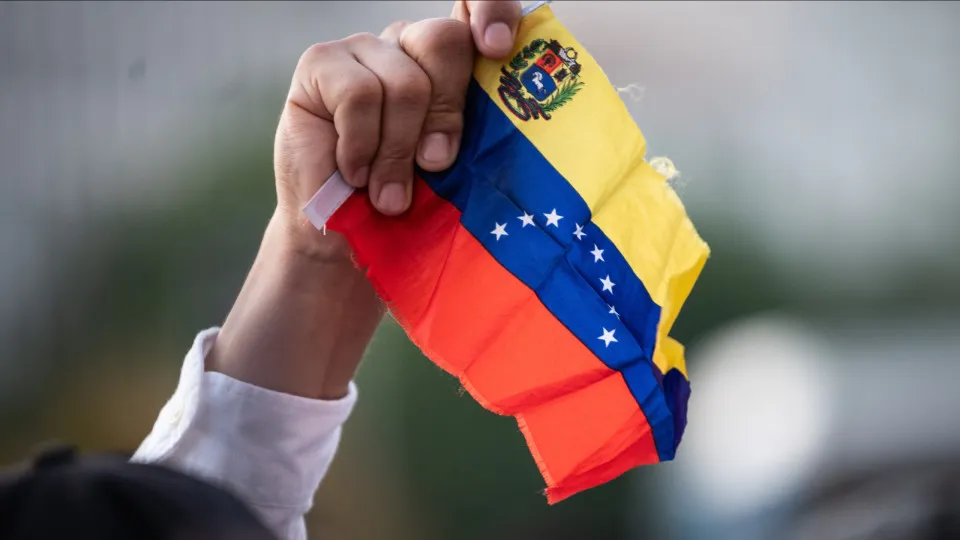
In a statement, the Council of Ministers announced the approval of a decree-law regulating the use of electronic devices with internet access, such as smartphones, in school settings. The use of these devices by students in the 1st and 2nd cycles of Basic Education will be prohibited starting from the next academic year.
The government explained that the decision to adopt measures of prohibition or restriction was informed by the findings of the Center for Planning and Evaluation of Public Policies. These results align with the recommendations issued by the Ministry of Education, Science, and Innovation in September 2024 regarding the use of smartphones on school premises.
The statement also noted the approval of a revision to the Citizenship and Development curriculum, set to be implemented from the 2025/2026 academic year.
During a press conference at the conclusion of the Council of Ministers’ meeting, the Minister of the Presidency mentioned the approval of a directive on smartphone usage in schools. However, specifics regarding the school cycles affected were not detailed, and the announcement of the Citizenship and Development curriculum was deferred to a press conference by the Minister of Education, Science, and Innovation scheduled for early next week.
According to the conclusions from the Center for Planning and Evaluation of Public Policies study released today, over half of the schools that banned smartphone usage reported a reduction in bullying and indiscipline from the 2nd cycle to secondary education. In most cases, students engaged more in social activities during breaks, participated in physical activities, and utilized playground game areas.
On Monday, Minister of Education Fernando Alexandre indicated that the government was planning to mandate a smartphone ban for the 1st and 2nd cycles, establishing last year’s recommendation as a policy “regardless of the institution’s nature”, encompassing both public and private schools.
Last year, the Ministry recommended banning smartphones from the 1st to 6th years, equating to children up to 12 years old, with limited use for the 3rd cycle.
The study revealed that only 21.3% of 1st cycle schools and 59.1% of 2nd cycle schools did not adopt the recommendation.
For the 3rd cycle, 24.9% banned the use of such devices, a measure implemented by only 7.6% of secondary schools.
The most significant impacts on reducing bullying and indiscipline were reported by schools that enforced the ban, especially in the 2nd cycle (59% and 53.6%, respectively), the 3rd cycle (57.8% and 57.4%), and secondary education (55.6% and 59.5%).
Conversely, school directors reported challenges in enforcing and implementing the rules, especially in institutions with multiple educational levels. They advocated for a phased implementation with an initial awareness phase.




